Find a poet
Latest updates
-
TRANSPOESIE 2025
09/24/2025 -
Transpoesie 2025 - Programme
09/24/2025 -
Transpoesie 2025 - Open Call
04/16/2025
Ubah Cristina ALI FARAH
Ubah Cristina Ali Farah is a Somali Italian poet, novelist, playwright, librettist and oral performer. She is the author of three novels, Madre piccola (2007; Little Mother, IUP 2011, republished in 2022 by 66thand2nd) Il comandante del fiume(2014; The Commander of the River, forthcoming IUP 2021, republished in 2022 by 66thand2nd), Le stazioni della luna (The Stations of the Moon, June 2021), the dell’ekphrasis La danza dell’orice (Juxta Press 2020) and a bilingual (French and Italian) collection of short stories Un sambouk traverse la mer (MEET 2020). In July 2018 her rewriting of Antigone was directed by Giuseppe Massa in Palermoand she developed a libretto on the basis of stories found in the Italian city of Matera for Silent City, an opera directed by James Bonas with music composed by Nigel Osborne in November 2019. In 2010, during a residency in Lagos, she wrote and performed the monologue A dhow is crossing the sea with Wale Adale(musician), Dede Kelvin Alozie (dancer), directed by Peter Badejo for the Black Heritage Festival (directed by Wole Soyinka).
She holds a Ph.D. in African Studies (Università L’Orientale Napoli) and is the recipient of the Lingua Madre and Vittorini Prizes. She has participated in writing programs and held residencies across the world, incl. the University of Iowa’s International Writing Program (2017), MEET (Maison des Écrivains Étrangers et des Traducteurs, 2018), Art Omi Residencies (2018), Civitella Ranieri Foundation (2019), La Marelle (2019), STIAS (Stellenbosch Institute for Advanced Study, First Semester 2020) and Kulturvermittlung in Graz 2021).
In 2022 she has been invited to undertake a residency at Carmargo Foundation, JIAS (Johannesburg Institute for Advanced Study) and Rhyzomes (Douarnenez).
Currently she is working with Belgian artist and illustrator Goele Dewanckel on a Serigraphic book, Jujube’s hairs; to be published in 2021 by Else Edizioni in five languages (Italian, Dutch, French, English and Somali) and on the Rwandan opera The girl whose father saw the future (Rwanda Arts Initiatives 2022), co-created by Dorcy Rugamba, James Bonas e Grégoire Point with music by Toshi Tsushitori.
She is a UNDP consultant for a project on Oral Historiography for Peace Building in Somalia.
Ubah Cristina Ali Farah (née à Vérone en 1973) a grandi à Mogadiscio de 1976 jusqu’à la guerre civile en 1991. De père somalien et de mère italienne, elle a putrouver refuge en Italie. Avec son premier roman, Madre piccola, publié en 2007, traduit en anglais mais pas en français, elle s’est affirmée comme la représentantela plus puissante de toute une génération d’écrivaines italophones originaires de la Corne de l’Afrique (Somalie, Erythrée, Ethiopie). Elle nous y livre un kaléidoscopesaisissant sur la diaspora somalienne, racon- tée comme une histoire-monde. Cesrécits en partie inédits dans la langue originale forment le premier ouvrage de l’écrivaine traduite en français : Un sambouk traverse la mer, meet 2020. Une grande voix s’y fait entendre, que l’on n’est pas près d’oublier.
Elle était en résidence à Saint-Nazaire en 2017.
Ubah Cristina Ali Farah is een Somalisch-Italiaanse schrijfster die in Brussel woont. Haar werk werd bekroond met de Lingua Madre National Literary Prize en de Vittorini Prize. Haar roman Madre piccola (2007) verscheen in het Nederlands als Barni en Domenica (2008).

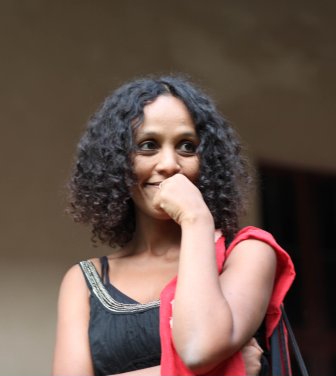




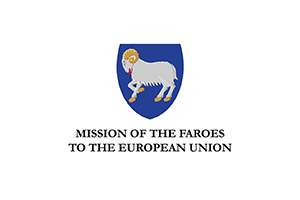
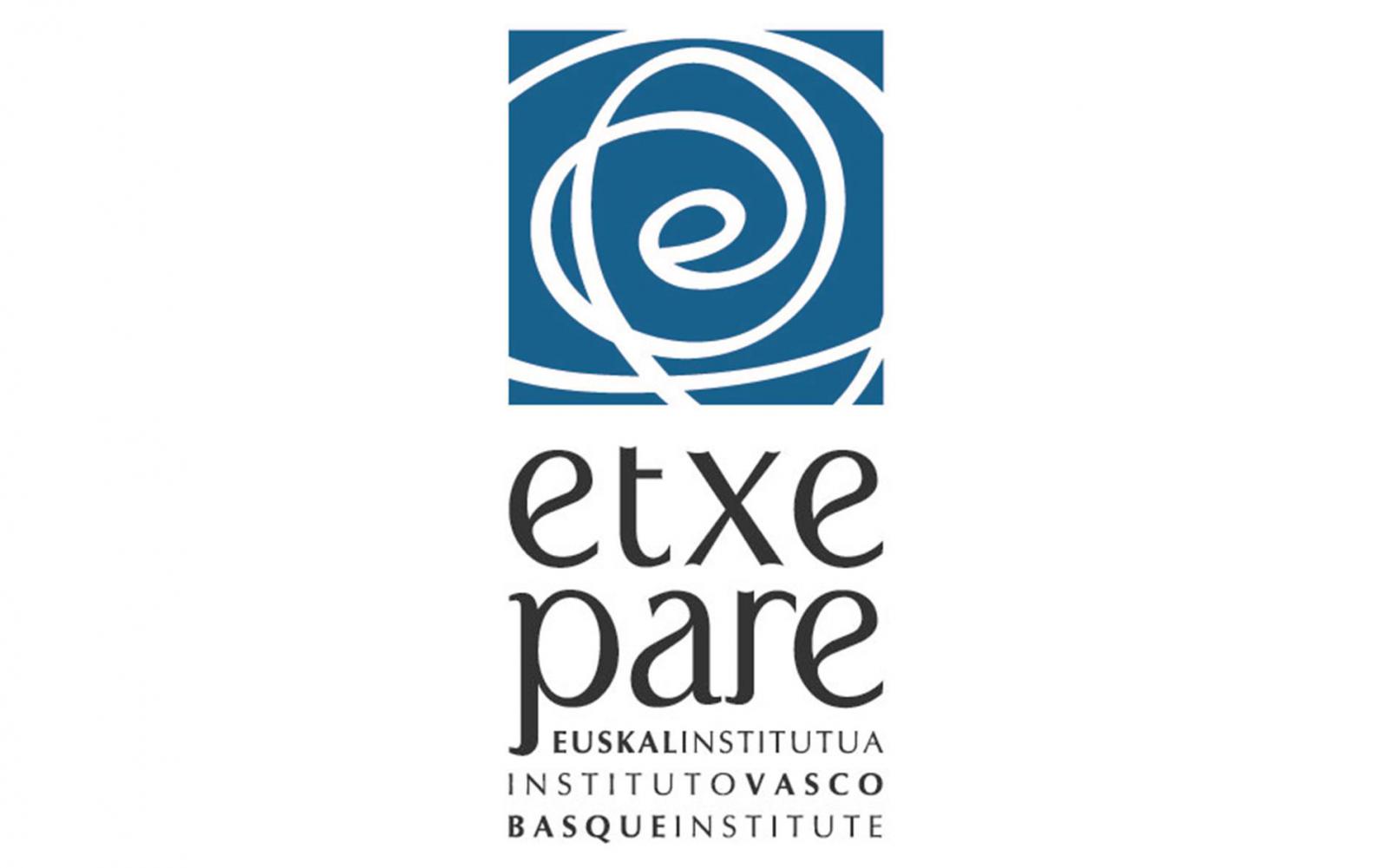
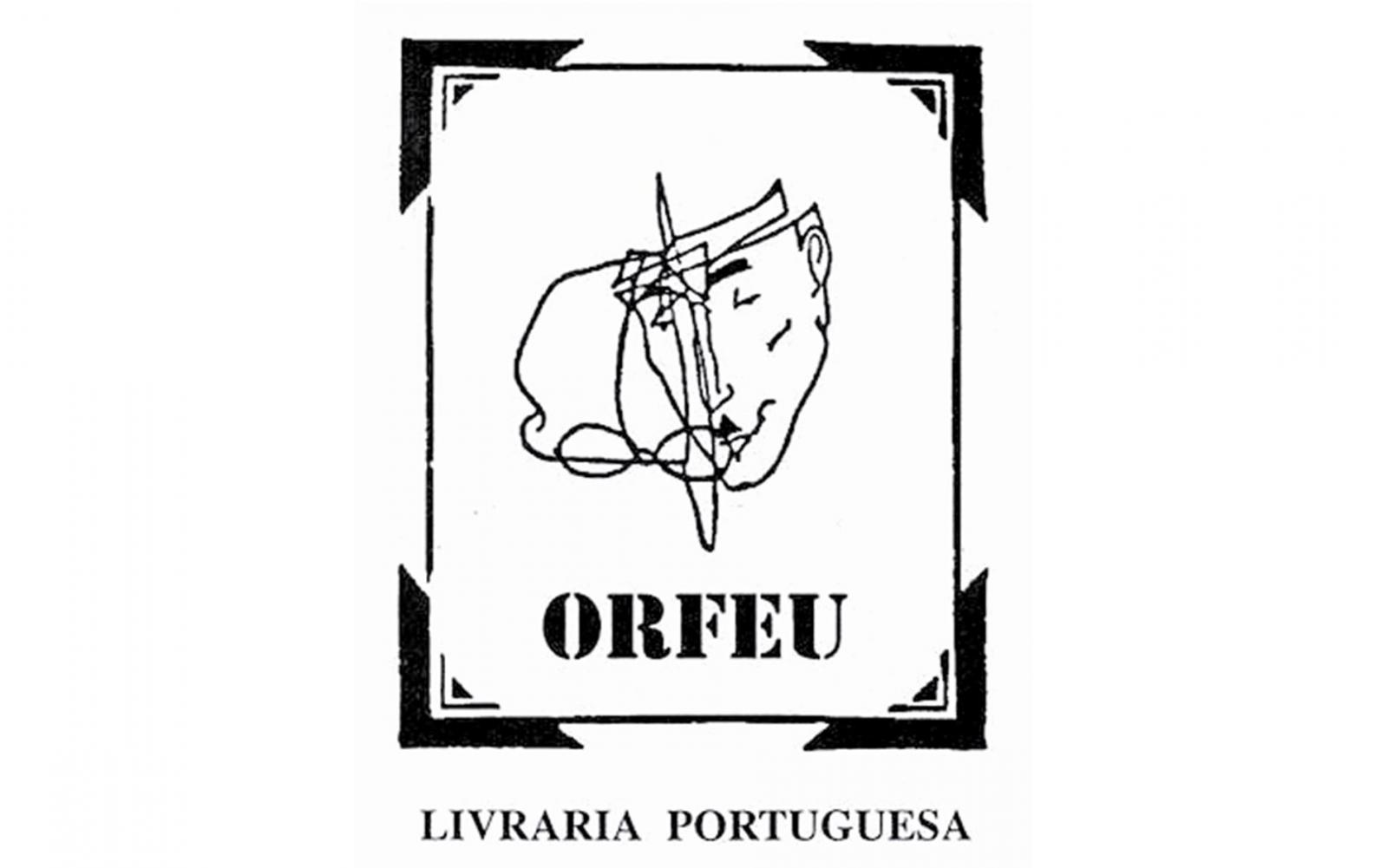


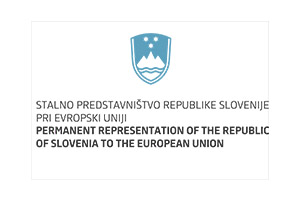

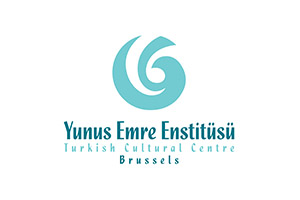
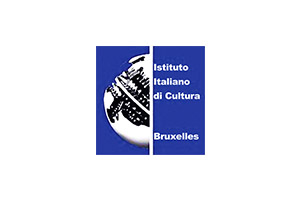












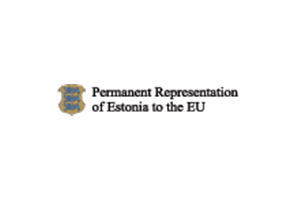
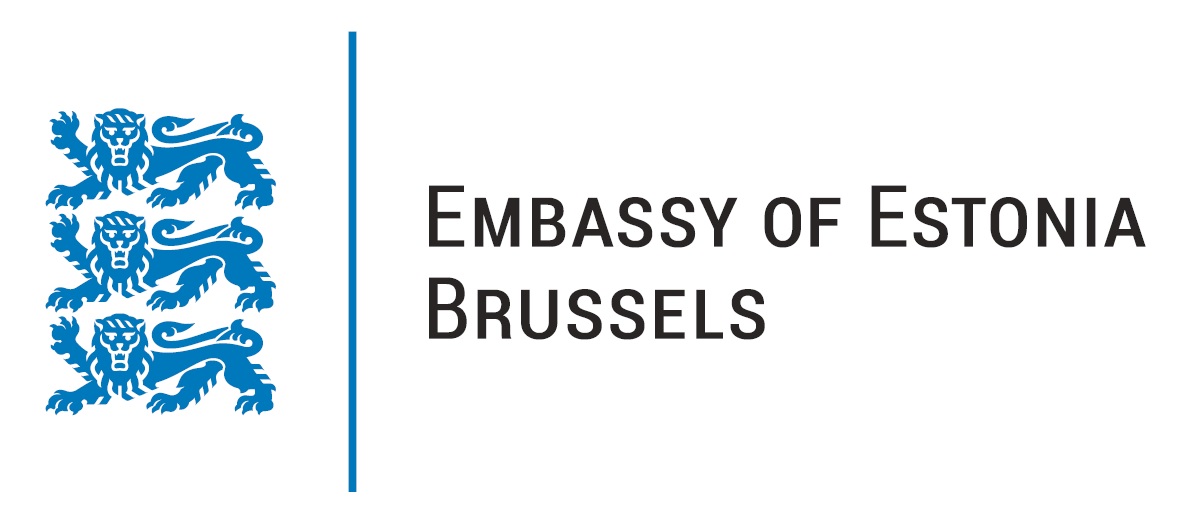
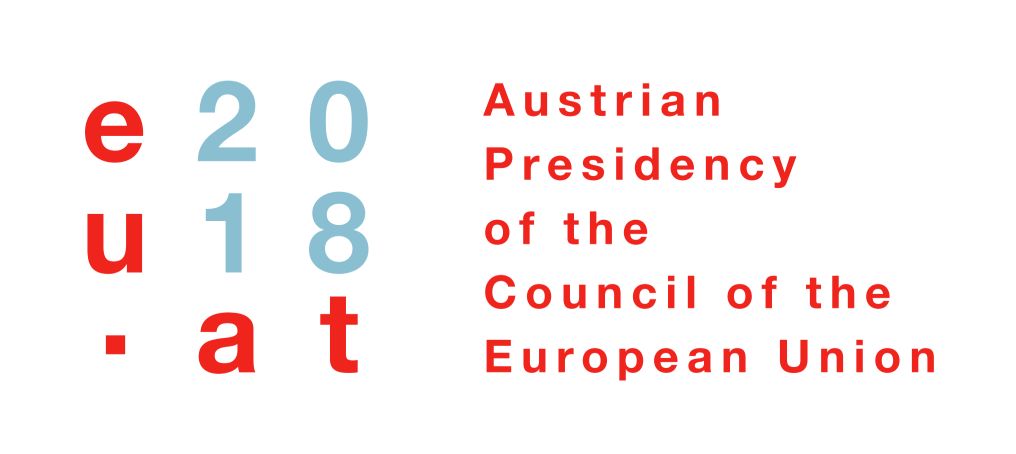

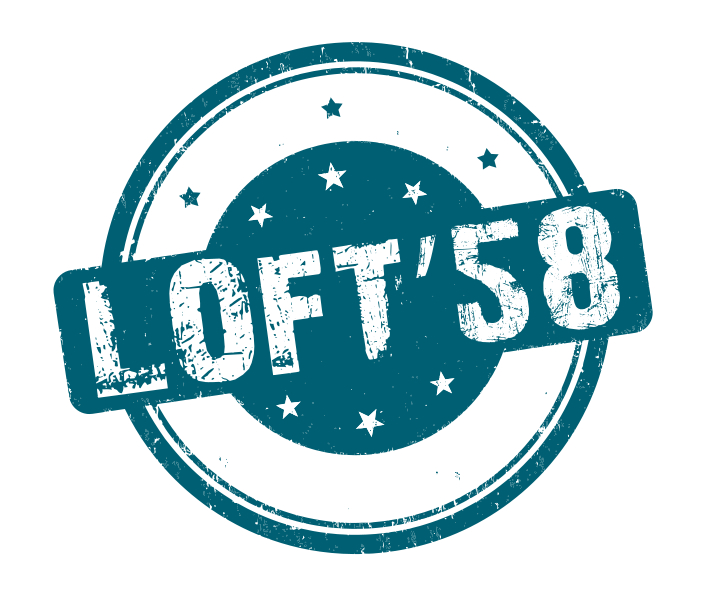

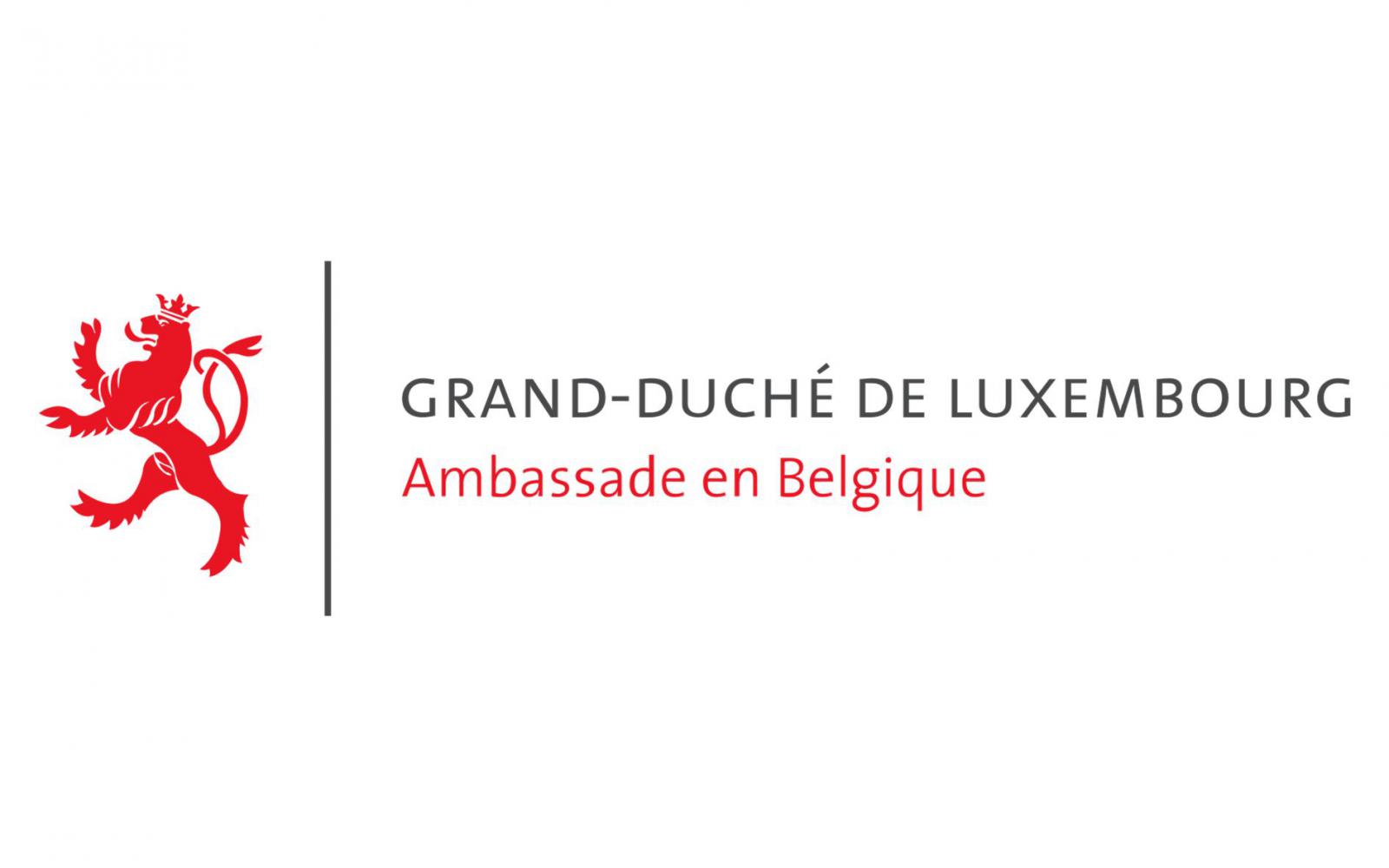


/RO - on the website.png)


